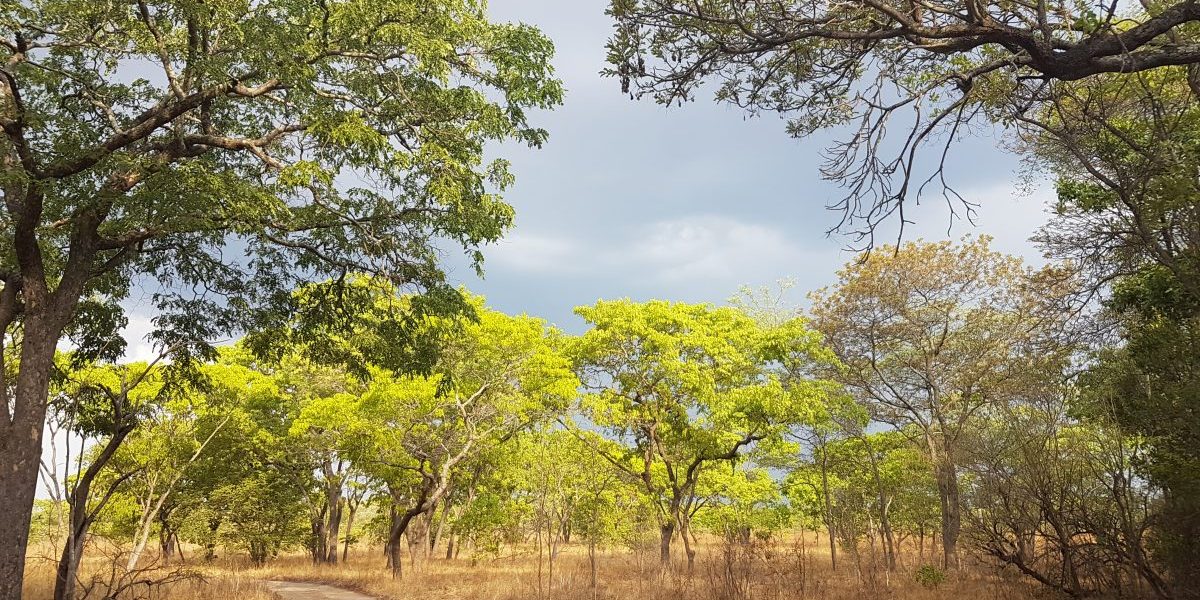Summary
- Under the UNFCCC, countries are required to develop Nationally Determined Contributions (NDCs), which are revised every five years and must show increasing ambition for climate action, building on the commitments made in previous submissions.
- Civil society plays an important role in the development of robust and equitable NDCs by ensuring government is informed of the diverse challenges and risks faced by members of society.
- Several challenges, however, inhibit the ability of civil society to participate effectively in NDC development and climate policy more broadly.
- Drawing on NDC development and civil society participation during the 2020–2021 NDC revision process in Mozambique, South Africa and Zambia, this paper sets out recommendations to enhance collaboration between government and civil society to support more inclusive NDC development for the upcoming 2024–2025 revisions.
- This, in turn, will ensure that natural resource-based livelihoods are safeguarded while supporting an economy-wide transition that includes all sectors and civil society groups in the transition toward climate-resilient development.
- Peer learning and knowledge exchanges between African countries on inclusive NDC development can also help ensure good practices are replicated and scaled, which will accelerate not only the achievement of the Paris Agreement but also other relevant climate frameworks. These include the AU Climate Change and Resilient Development Strategy and Action Plan (2022–2032), the SADC Climate Change Strategy and Action Plan (2020–2030), the AU’s Agenda 2063 and the UN’s 2030 Agenda for Sustainable Development.








